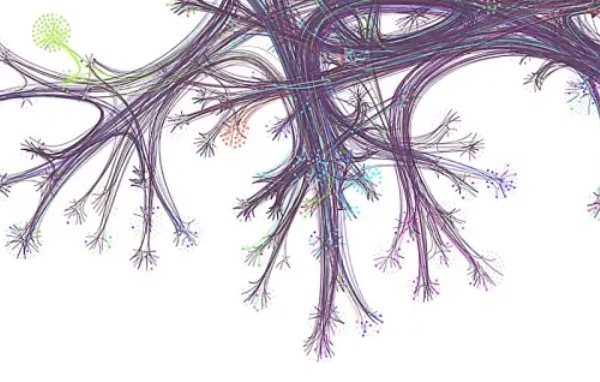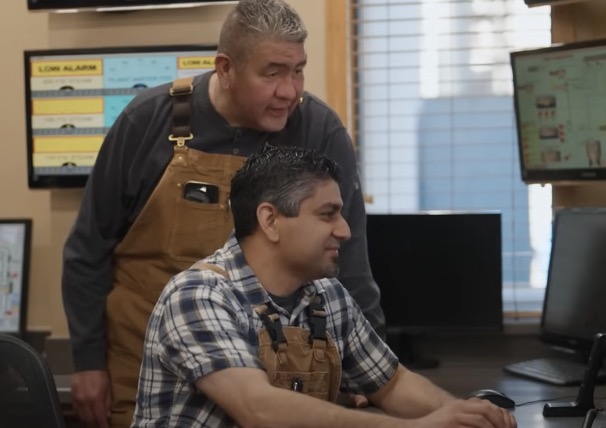🗃️ You’re viewing an archived issue of our newsletter, The Pipette. View all issues.
Boss-less companies, GenAI’s impact on hiring, and the psychology of information seeking
Nov, 2024
$.00 PER COPY
👋 This is The Pipette – a monthly newsletter for product builders with links so good their ideas warrant a reply, a forward, or even a discussion in real life.
Self-organizing workers at the Morning Star Tomatoes factory.
- Leadership (📽️ Video) – A tomato processing factory in California generates 800 million in revenue while boasting an unusual company culture: workers self-organize to accomplish company goals. This kind of boss-less structure breaks with the industrial mindset that has been the status quo for over 100 years, and its results are encouraging for the company and employees alike. This kind of worker autonomy provides higher job satisfaction through an increased sense of purpose, filling a void that company perks cannot.
- Workplace – You’ve probably heard of the involvement of AI on the hiring side of the market, but job seekers are starting to use GenAI bots to apply, too. There’s concern that the AI being used on both ends will further the enshittification of an already challenging process for applicants and companies alike.
- Psychology – We’ve written before about learning preferences according to content types. It turns out that we also have different curiosity styles when researching information. A study on Wikipedia users covers three curiosity styles: hunter, busybody, and dancer (discovered in the research). It also confirms that cultural and sociopolitical factors influence a population’s tendency towards one of the types. Societies with lower levels of gender and economic equality tend to have more hunters (focused on retrieving information efficiently). P.S. – enjoy this meta page about Wiki rabbit holes.

- Artificial Intelligence – As generative AI becomes more popular, some are worried that its ability to boost productivity could lead to more work overall. This is consistent with what we’ve seen while experimenting with it. Using genAI shifts us into “editor” mode more, overseeing more volume but staying at a higher level. This can be great for surface-level comprehension or starting a new topic. For serious deep dives, we still prefer to rely on our human brains.
- Productivity – Notion is a knowledge management app that’s as well-loved as it is versatile. It’s so versatile that users have invented use cases that surprise even its founders (including meditation tracking by monks in Thailand). We’re big fans of using Notion or similar tools to build a second brain; it’s been foundational in tracking and organizing Vertico Labs content and projects.
- Leadership – A founder who was diagnosed with bipolar disorder opens up about the struggle of balancing mental health with founding a startup and what he wants to change moving forward, both for himself and his team. For example, he acknowledges that working hard will not fix strategy issues, but it can be necessary for key company growth phases to succeed.
- Engineering – Documentation is challenging for engineering organizations, especially recording larger-scale decisions like best practices or technology choices. Architectural Decision Records (ADRs) aim to preserve the thought process behind the decision and give a concrete vision for the future state once the changes are in place. Without this vital context, the team won’t be able to confidently continue (or challenge) the direction taken. P.S. Although the article was written with an engineering audience in mind, the implications for remote teams could be helpful in related departments like marketing, product, or design!
